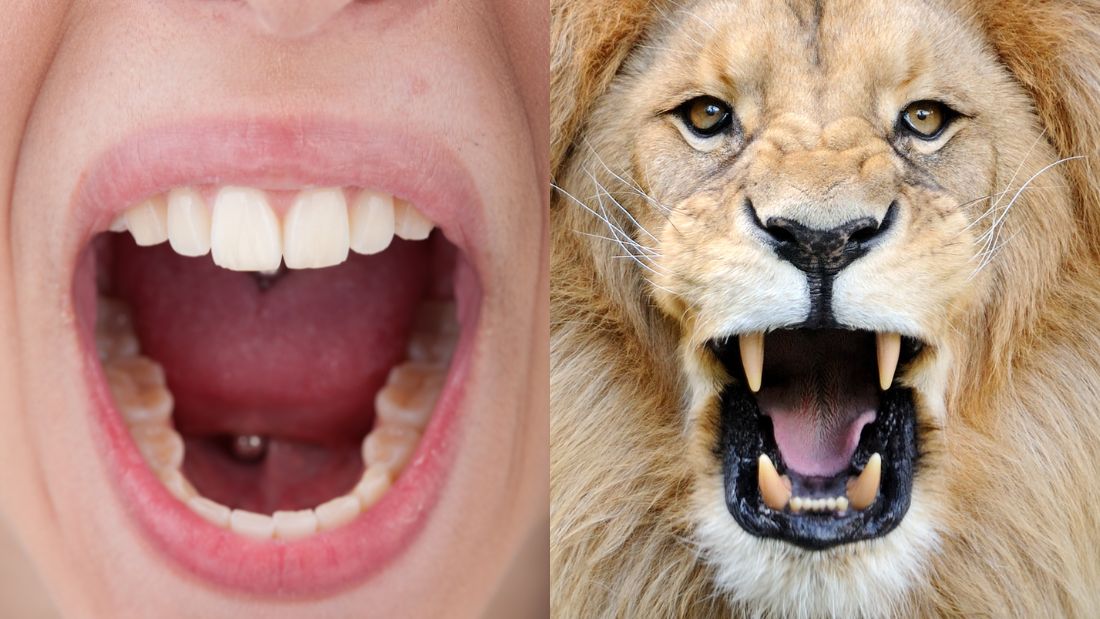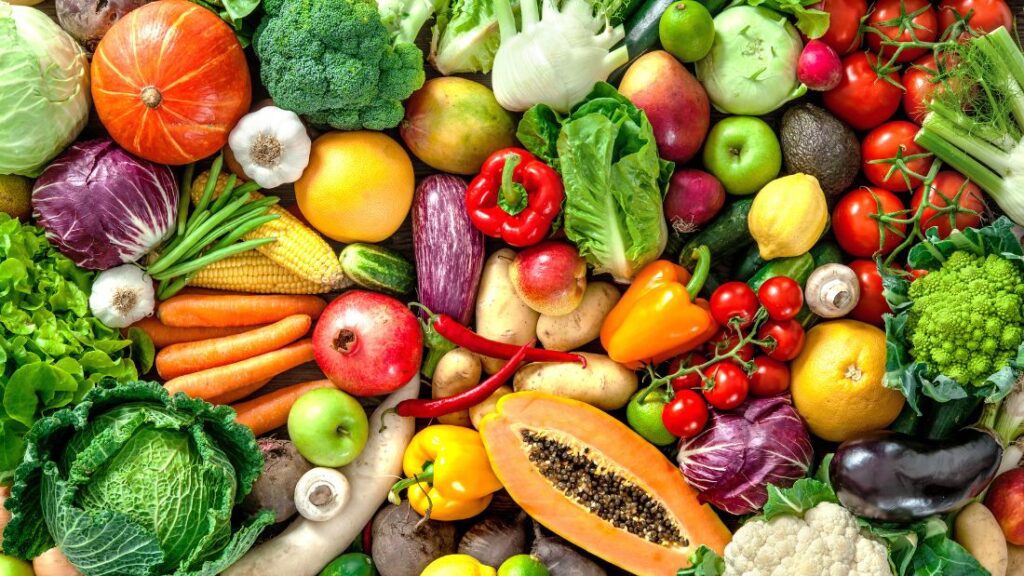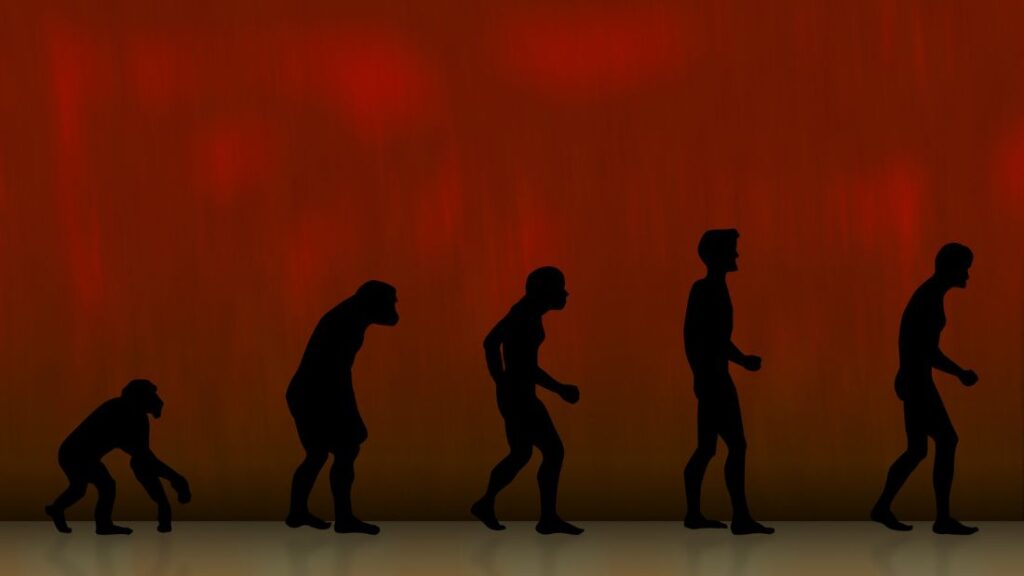Humans are Omnivores So We’re Supposed to Eat Meat

There is no denying that humans are omnivores. That means we are able to eat and digest – to some degree – both meat and plants. But just because we can, doesn’t mean we should.
The fact that humans are omnivores is the exact reason why we can be vegan. Being an omnivore means we can choose to eat – and thrive on – a plant-based diet.
Unlike ‘obligate carnivores’ such as lions, who have to eat meat to survive, we have a lot more versatility.
And unlike many other animals, we humans also have the ability to critically reflect on our actions. So, if we have the choice to eat a diet which is kind to animals, better for our health and the health of the planet, why wouldn’t we?
Perhaps a vegan world is the next ‘natural’ step in human evolution anyway.
What’s more, we might not be quite as omnivorous as you think. A growing body of scientific evidence points to the fact that we evolved mainly eating plants.
E-veg-olution

Firstly, there’s a mountain of physiological evidence that humans are best-suited to prioritising plants over animal-based foods.
We have a mouth made for munching on plants. The mouth opening of a human is much smaller than carnivores and our cheek muscles are much more similar to herbivores.
Then there are our jaws, which are shaped for chewing tough plant matter and, for some unfathomable reason, many people think humans are equipped with pearly whites perfect for eating meat but humans, just like herbivores, have teeth ideal for grinding and chewing fruits, vegetables and grains.
Ever tried to take down an antelope using just your canines?! You wouldn’t get very far. Even our saliva specifically breaks down plant matter, not meat.
Our whole digestive system is designed for plants, not meat.
Our digestive tract is much longer than those of carnivores, Carnivores generally have short and smooth colons while herbivores tend to have long and sacculated colons. And guess what? Just like herbivores, the human colon is long and sacculated. Even our stomach acid is more suited to breaking down plants than meat and bones!
This may explain why humans are susceptible to bowel and colon cancer when they eat a lot of red meat.
Plant-based before it was cool

As our ability to analyse the past grows, anthropologists are gleaning insights into our past.
It is often claimed that it was early human’s appetite for meat that led to our rapid brain growth.
However, experts on human evolution, genetics and the environment, pulled together a wealth of data to show that carbohydrate consumption, particularly in the form of cooked starch, was critical for the development of the human brain over the last million years.
Other researchers found the charred remains of rhizomes (underground storage parts or roots) of Hypoxis plants, which can be as rich in carbs as potatoes.
The amount of charred remains found suggests that roasted root vegetables were a common part of the diet. There is even evidence that our early ancestors made pancakes from pulses!
But here’s the thing. Whether our ancestors ate meat or not is irrelevant today.
Our ancestors only needed to live long enough to reproduce and pass on their genes, not necessarily live a long, healthy life.
Perhaps they needed to eat meat from time to time in order to survive but thankfully for us, we don’t need to.
In today’s modern world, humans can not only survive, but thrive on a plant-based diet.
With all the scientific evidence supporting the health benefits of a varied vegan diet, there is no reason to base the diets of today on the diets of the distant past.






